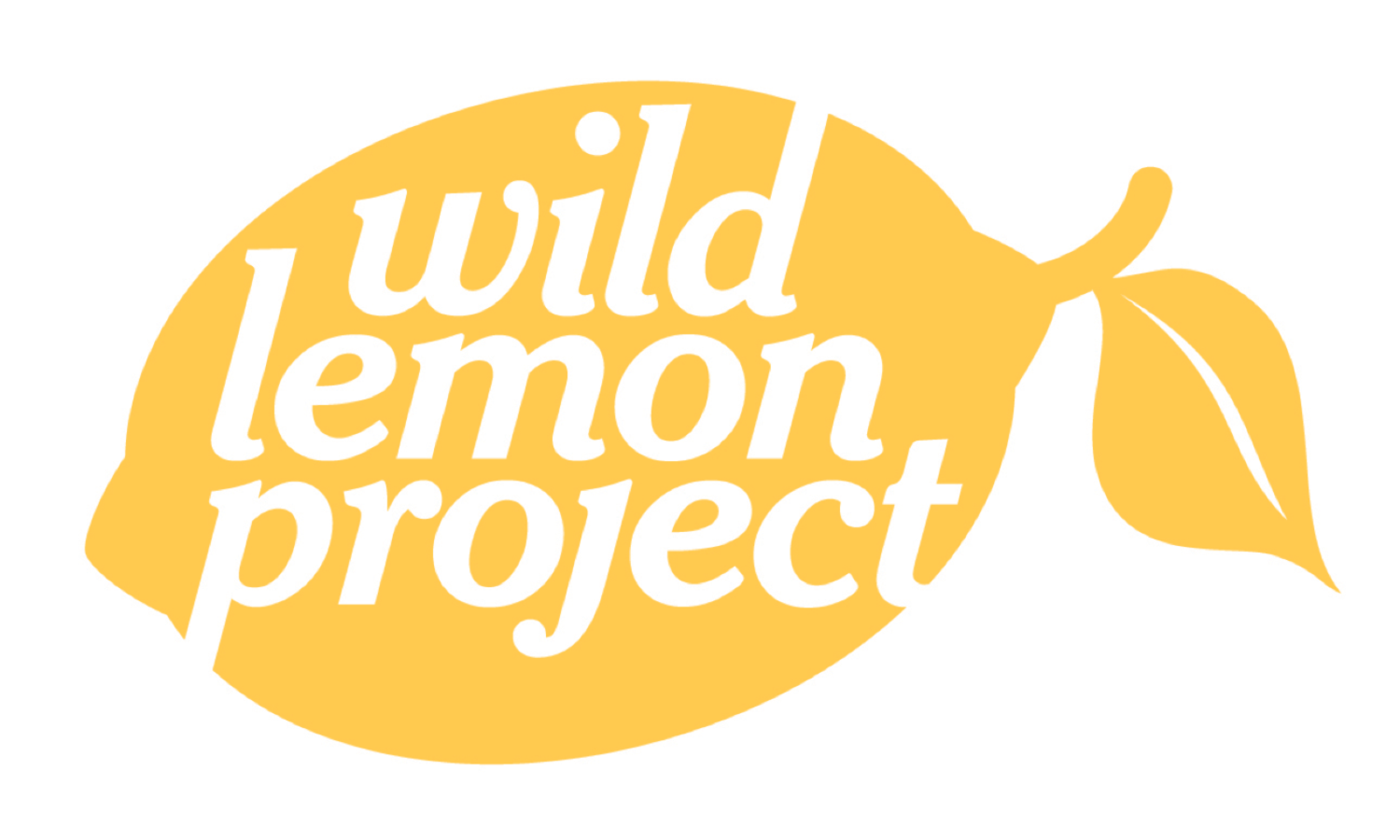#SanBernardino Responds
On December 2, 2015, 14 people were killed and 22 others were seriously injured in a terrorist attack consisting of a mass shooting and an attempted bombing at the Inland Regional Center in San Bernardino, California.
Local writers and poets responded with a moving tribute. Experience it here.
Featured PoetS:
Lawrence Eby Talks Poetry, Decay, and Flight of August
Cal State San Bernardino MFA graduate Lawrence Eby talks about his book, Flight of August, winner of the 2013 Louise Bogan Award from Trio House Press.
Lawrence’s work has also appeared in Passages North, Arroyo Literary Review, The Black Tongue Review, The Redlands Review, Poetry Quarterly, The Sand Canyon Review, Badlands, THRUSH, Aperçus Quarterly, Inlandia, The Secret Handshake, Call of the Wild: Being Human by Editions Bibliotekos, and others.
Lawrence Eby
He is an active member of PoetrIE and founder of Orange Monkey Publishing. He has also served as the poetry editor for Ghost Town, CSUSB’s national literary journal, and on the Board of Publications for the Inlandia Institute.
Q: Tell us about Flight of August, how did it happen?
A: I had this strange urge to write it and did so very quickly over a few months. I was reading about a lot of doomsday theories at the time and I’m drawn to these post-apocalyptic ideas. I started with the title and dissected what I thought it meant—it’s about the structural collapse of society and the environment, and trying to survive in those situations. August represents structure, the calendar year, and society as a whole. I started to think of the antithesis, and arrived at the apocalyptic scenario.
Q: Sounds pretty dark. Why?
A: I have a grim outlook on where we are headed unless we take steps to turn around the environmental damage we’ve done. Industry, pollution in our water, nuclear testing, deforestation, the list goes on. It’s apparent in how many species disappear each day. The poems reflect that. There’s a lot of stark imagery, death, scavenging… but there are moments of captured beauty and (no spoiler) it is uplifting at the end.
Q: Can you name any sources of inspiration?
A: Well, I grew up in an undeveloped part of Yucaipa. Over the course of my childhood, it was interesting to see all that open space disappear. Vast stretches of untouched land turned into housing. The book also has a lot of father-and-son themes—my father has always been super supportive and encouraging. He has a great appreciation for the arts. My mom is a children’s book author, so I’m sure I got some of my writing drive from her. I also find inspiration in books, articles, and in visual art. I’m really interested in decay. There’s no way not to be affected by time and decay.
Q: You’re currently in the MFA program at Cal State San Bernardino. How did you choose poetry as your focus?
A: I focused on fiction until the last year of undergrad. I saved all the poetry classes until the last quarter, mainly because I didn’t really appreciate poetry. But after those classes, I found it was intriguing and technical. I like tinkering with things and poetry gives me that.
Q: Let’s talk about the poems themselves. What did you do in this book?
A: There’s a lot of space and rhythm play. My strengths have been in imagery so I wanted to figure out what my weaknesses were and work on those. I used a wide variety of forms. I tried to be experimental and playful.
Q: What advice do you have for writers and poets regarding the habit of writing?
A: Probably something like don’t take writers’ advice too seriously. But also, don’t believe in writer’s block. I keep a ramble document to get my mind working if poems aren’t. Or I go on walks. Also, I scribble most of my poems down first and type them later. I also read as much as I can. I don’t force myself to write and I don’t have a set time for it. If I feel like it’s been awhile, I’ll just write four or five to catch up.
Q: Can we share one of the poems from your book?
A: Definitely. Here it is.
7.
Reach for the sickle
hide the wine. It won't be long
before bandits arrive. Shutters on windows,
the rattling, rattling
stampedes of ice town
wooden peaks. the city's on fire; cornfield frozen
a dryness in your throat. What occurs
when sun hides in hail? A mouse crawls
across rafter beams, catch it, catch it
before it vanishes to the snow-filled out.
